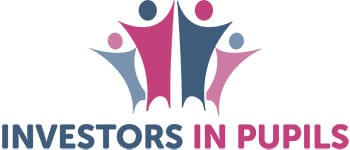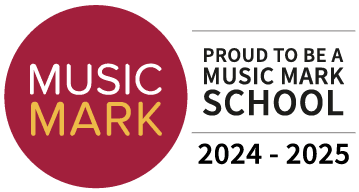Unit 1 – Computer Systems (written exam, 50%)
Computer systems focuses on some of the key theory studied over Year 10 and Year 11. The units of study are categorised into 6 key units with sub topics included in each of these. These units will be worked on through Year 10 and Year 11.
1.1 Systems Architecture
1.2 Memory & Storage
1.3 Computer Networks, Connections and Protocols
1.4 Network Security
1.5 Systems Software
1.6 Ethical, Legal, Cultural and Environmental Issues
Unit 2 – Computational thinking, Algorithms and Programming (written exam, 50%)
Unit 2 will focus on some of the practical elements of Computer Science and the theory behind programming. They will apply some of the knowledge and understanding that they gained in Unit 1. The units of study are categorised into 5 key units with sub topics included in each of these. These units will be worked on through Year 10 and Year 11 with practical lessons alongside.
2.1 Algorithms
2.2 Programming Fundamentals
2.3 Producing Robust Programs
2.4 Boolean Logic
2.5 Programming Languages and IDE





